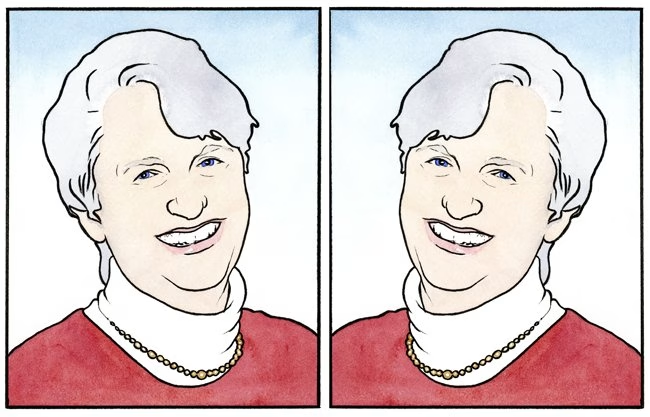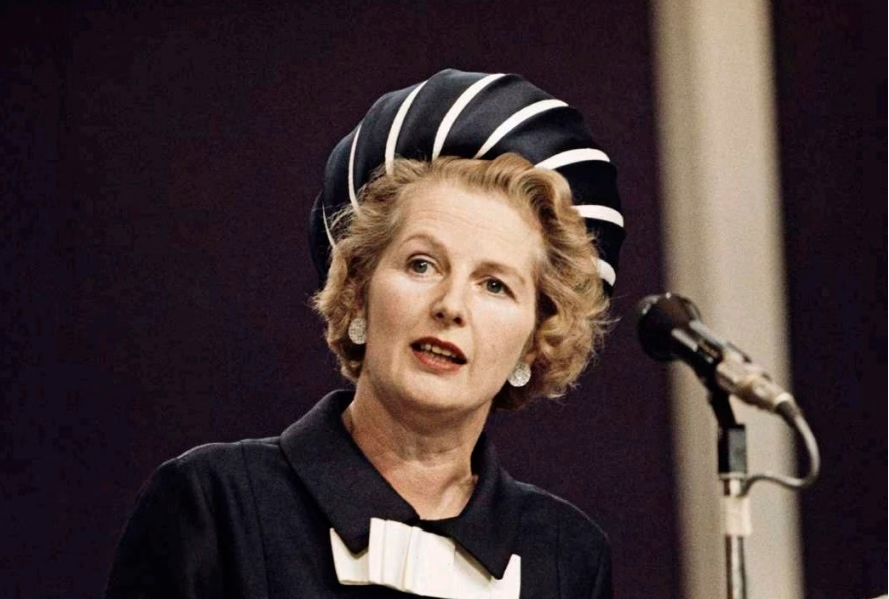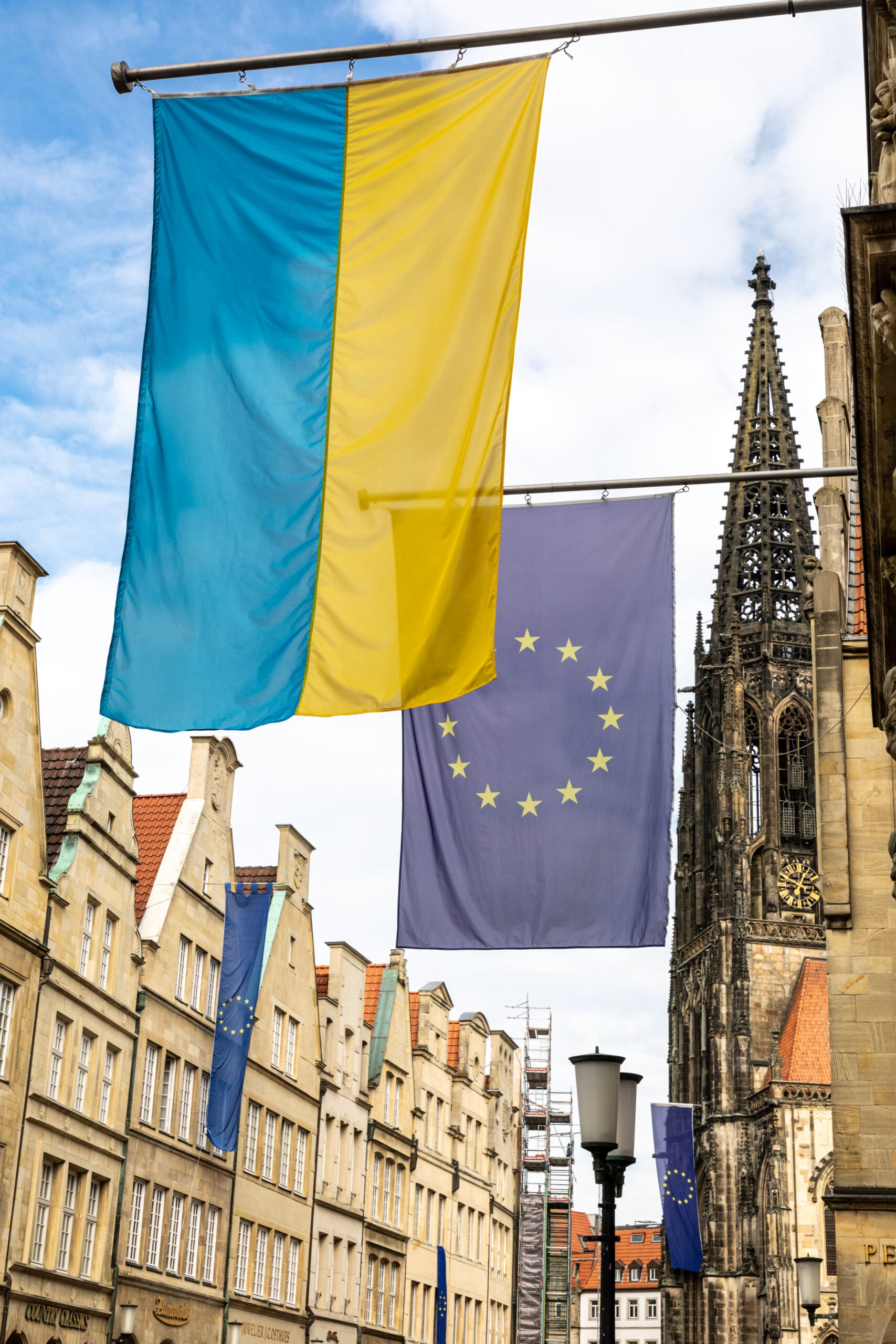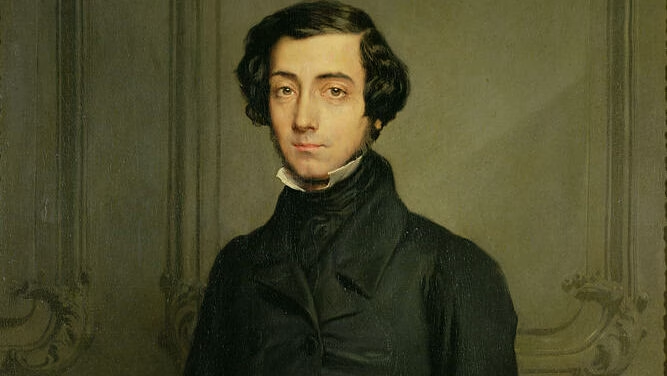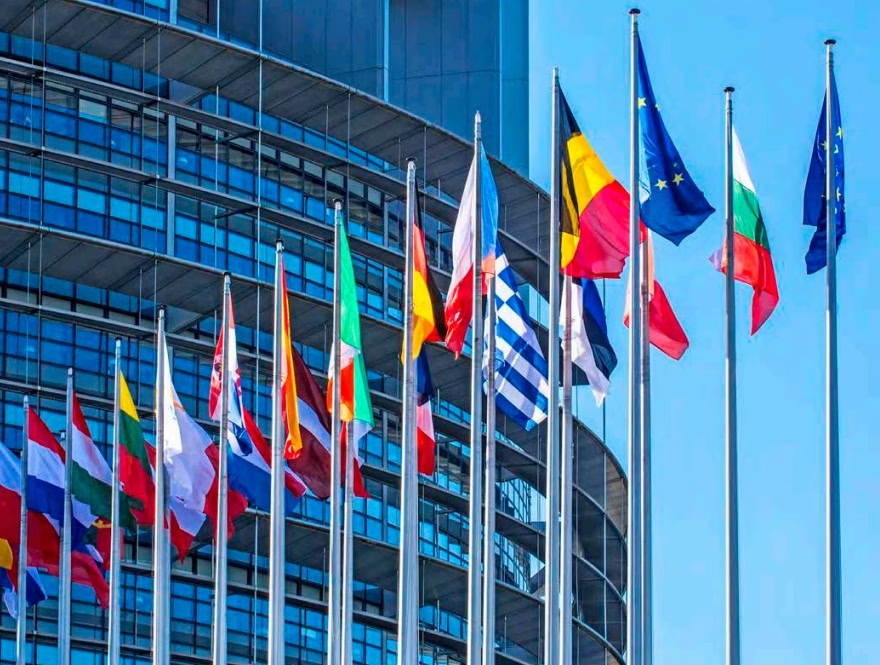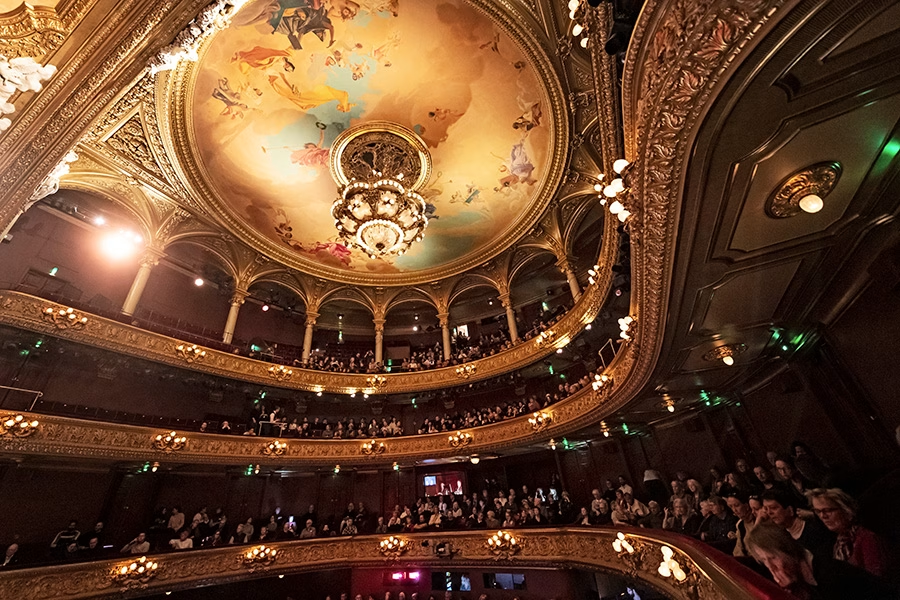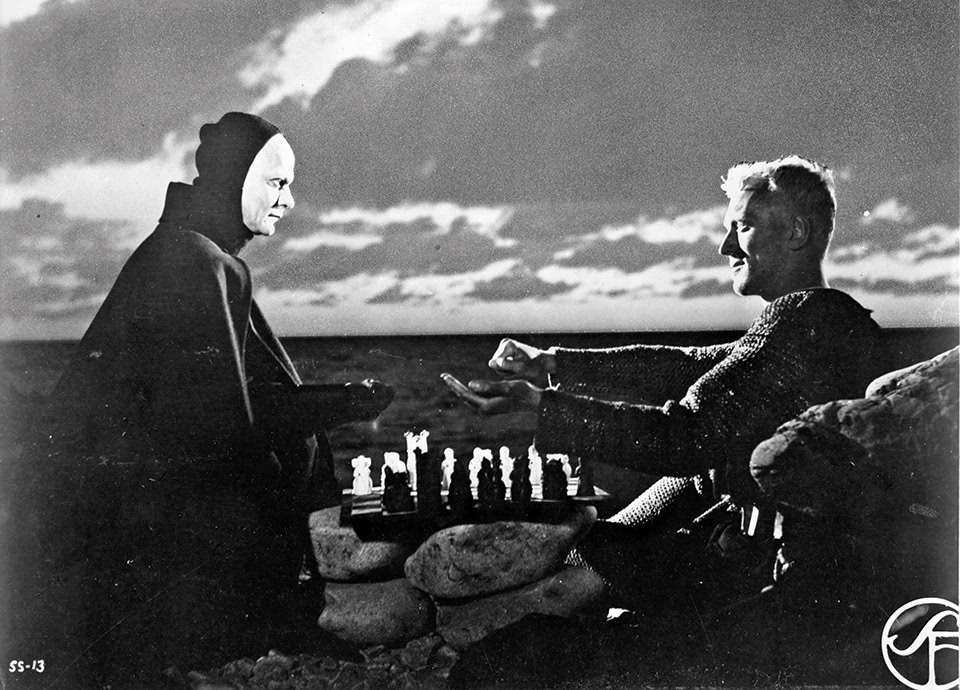Wirtén is the publisher and editor-in-chief of the newspaper Arena, a member of the editorial board for the net publication Dagens Arena, and writes for the dailies Expressen and Sydsvenskan, among others. He believes that the development of the Arena Group has consistently been marked by a spontaneous system: ”I cannot say why it’s been like this. It was not a well thought-out strategy, but is based more on chance and opportunities that we have seized on the wing.
”The newspaper Arena came into existence fifteen years ago, and then there was nothing else. There was no money, just losses. We quite simply needed more legs to stand on. For the newspaper to survive, we were forced to broaden our operations, and then we started our seminar work to bring in money, and we started the publishing house Atlas, in order to expand our way out of the crisis. Since then, things have grown, but there was never any grand plan from the outset. It grew organically. It hasn’t always been a good construction from a purely practical viewpoint, but now Atlas is making a profit, and we also have another company called Premiss, which is making a profit from commissioned publishing.”
The prerequisites for survival as a think tank in Sweden are not without their problems. Wirtén describes his own organisational structure as a method of spreading the risk; some businesses make a profit and support the less financially profitable parts of the organisation, primarily Agora and the newspaper Arena: ”We on the Left are forced to work on market terms much more than those people who have capital to finance their business. Right from day one, we’ve been forced to sell things. We’re entrepreneurs and we do this to survive. We’ve never had big money behind us. We’ve never had guaranteed publishing of the newspaper. So the business is still uncertain.”
Is there a risk in that? That you may be forced to become more populist to bring money into your business?
”No, but there is a risk of becoming so focused on bringing in money that what we really want to apply ourselves to always loses out.”
What organisational models did you have when you started the Arena Group?
”We went to the UK when we started Agora, when Ursula Berge was taken on. Then we visited think tanks in London. We learned a great deal from them; for example, we realised how important it was to work on fund raising. On the other hand, we didn’t want to have the incredibly strong link to political parties that the British think tanks have. A better model for us can actually be found in Sweden. When we set up the formal framework for the Arena group, it was actually SNS (Studieförbundet Näringsliv och Samhälle, the Centre for Business and Policy Studies) we talked to. And even if we don’t have anything like the type of science that they’re working with – they really have a much clearer link to science and the academic world – then it’s nevertheless SNS I think that most of us see as a good example of what we want to be able to do.”
But, despite everything, you have created a scientific board which is linked to Agora, with a large number of well-known Swedish researchers. You’ve nevertheless succeeded to an extent there in a very short time? Aren’t you a little too humble?
”No, as regards the think tank, I actually think we’ve made headway in our business. The Agora part has not really expanded; it’s still really one person working there. But Håkan Bengtsson and I see this as very much a long-term project; the business feels stable for the first time in several years. It should be possible to go much faster.”
Do you in the Arena Group feel that it’s a problem that there’s a Right-wing think tank in Sweden, Timbro, which has been established for a long time and has been able to accumulate a great deal of capital as a basis for its business?
”The fact that they have more money is a problem. A general problem in Swedish debate, which I think is disturbing, is that the Right-wing dominance on editorial pages, debate pages and in think tanks is huge. You can live with this when there’s a Social Democratic government. But when we have a Right-wing government, then there’s a problem for democracy.
There are no strong opposition voices in the debate. The editorial page of the daily Aftonbladet is the only nationwide editorial page which is not Right-wing, if you don’t count our own, rather modest, operation. Compared to Timbro, SNS and the new Centre Party think tank Fores, we in the Arena Group have extremely limited financial resources.”
You yourselves have quite a number of personal links to important cultural pages in Sweden. Is this not a commanding height politically that you control in the country?
”Of course, and we want to be there. It’s mostly the culture pages of Expressen, but there are also writers from our Arena Group who write in Dagens Nyheter’s culture pages. And that’s the aim of the Arena newspaper. We want writers like that. We want to be on that level. So there are counterweights in the debate; that’s clear. But there’s a difference in quantity.”
Translated by Phil Holmes

Redan prenumerant?
Logga inAxess Digital för 59 kr/mån
Allt innehåll. Alltid nära till hands.
- Full tillgång till allt innehåll på axess.se.
- Tillgång till vårt magasinarkiv
- Nyhetsbrev direkt till din inbox




